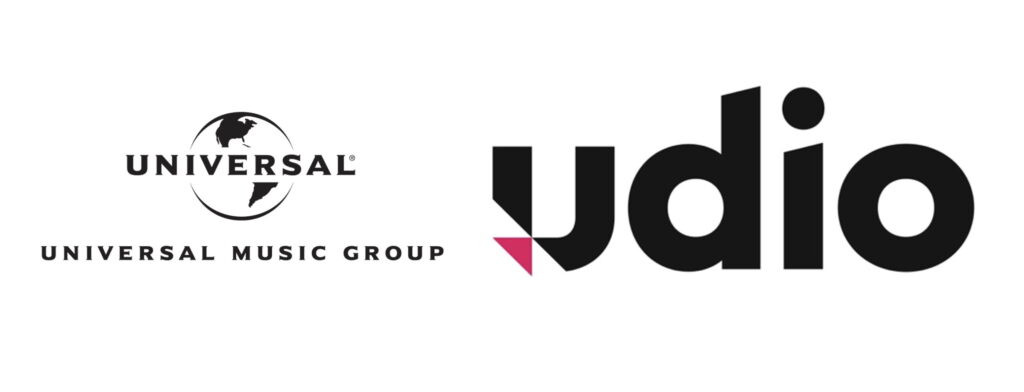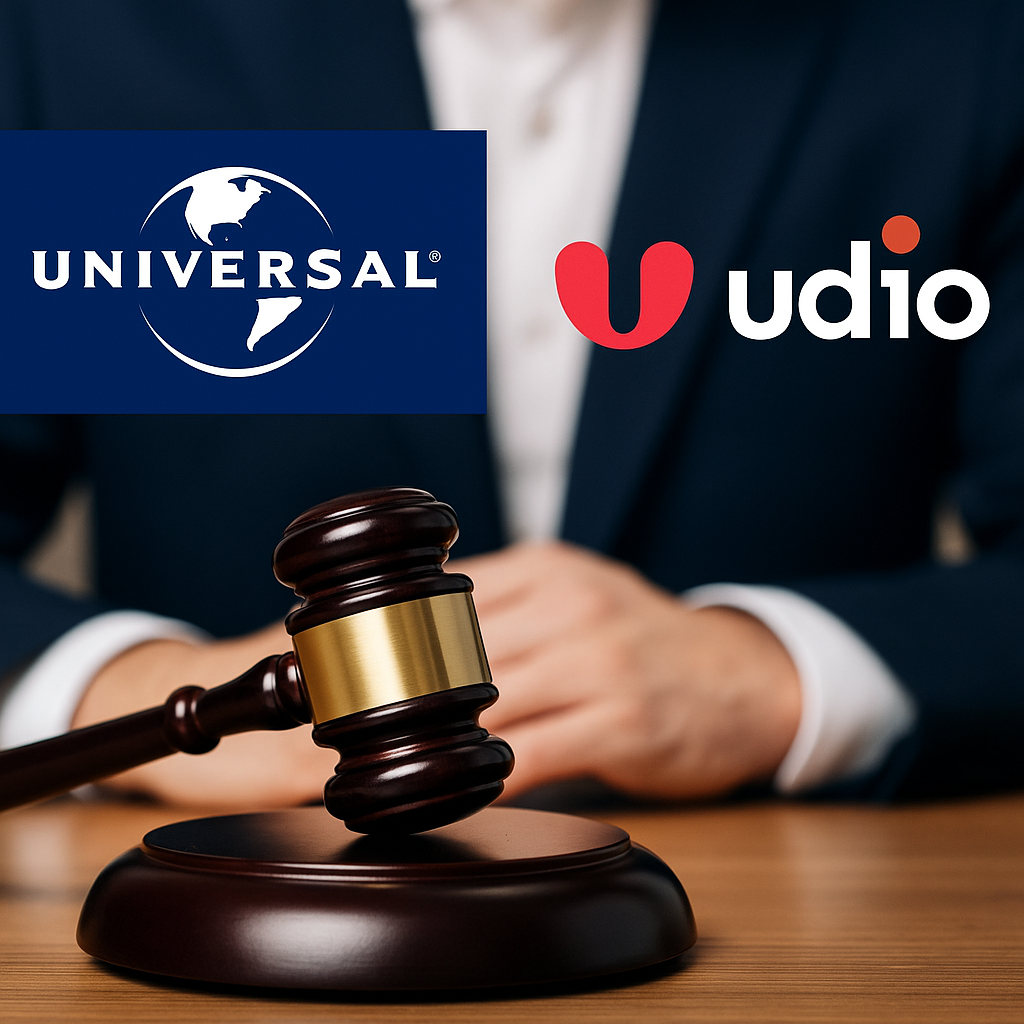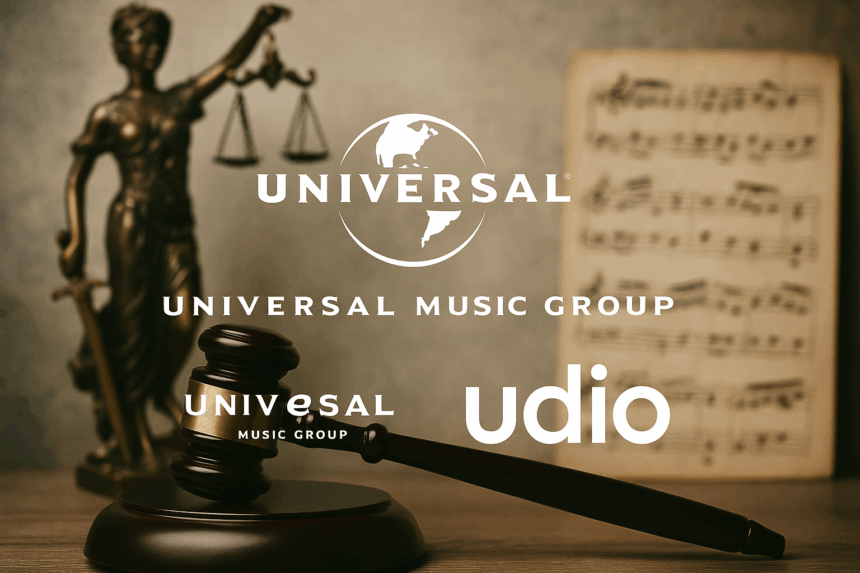AI Meets the Music Industry — This Time, with Permission
Universal Music Group (UMG) and AI song-generation startup Udio have officially ended their legal battle and started an unlikely partnership. The two companies announced a settlement in their copyright lawsuit and unveiled plans for a new AI-powered music creation platform, turning last year’s courtroom conflict into a commercial collaboration.
The agreement marks one of the most visible truces between traditional record labels and artificial intelligence companies. Rather than banning AI outright, Universal appears to be steering it — licensing technology that protects its artists while exploring new ways for fans to remix and engage with music legally.
What’s Happening & Why This Matters
From Courtroom to Collaboration
The settlement between Universal Music Group and Udio ends a high-profile case that accused Udio of training its generative AI models on copyrighted songs without permission. Universal’s complaint cited specific examples where AI-generated songs on Udio resembled hits like Frank Sinatra’s “My Way” and The Temptations’ “My Girl.”

The new deal, described as a “compensatory legal settlement,” includes fresh licensing agreements for both recorded music and publishing rights. The financial details remain undisclosed, but both companies confirm that the partnership will create “revenue opportunities for Universal artists and songwriters.”
UMG CEO Lucian Grainge said, “These new agreements with Udio demonstrate our commitment to do what’s right by our artists and songwriters.”
A Controlled Platform for AI Creativity
The collaboration moves beyond legal peace into new creative territory. Universal and Udio announced plans to launch an AI-powered remixing and creation platform in 2026, allowing users to mash up and reinterpret music in an artist’s style.

Udio CEO Andrew Sanchez explained that Universal’s roster — which includes Taylor Swift, Kendrick Lamar, Ariana Grande, and Billie Eilish — will have the power to choose how their material is used. Each participating artist will receive financial compensation for songs generated through the new system.
However, these AI songs won’t be downloadable. Instead, they will remain “controlled within a walled garden,” accessible only inside the platform. This ensures that creations stay within the licensed ecosystem, preventing piracy and protecting the value of original works.
Music Industry Embraces ‘Responsible AI’
The Universal–Udio deal represents the first major formal collaboration between an AI developer and a major record label. It follows growing pressure from artists and policymakers to curb what many call “predatory AI use.”

Just months before this settlement, over 200 musicians — including Nicki Minaj, Jon Bon Jovi, and Billie Eilish — signed an open letter calling for stronger protections against unlicensed AI-generated music.
Meanwhile, streaming giants like Spotify and Deezer face their own AI dilemmas. Spotify recently partnered with Universal and Warner Music Group to build “responsible AI products.” Deezer reported that 30,000 AI-generated tracks are uploaded to its platform every day — a flood that has fueled industry concern about low-quality “AI slop” saturating streaming services.
The Udio collaboration is a possible path forward: instead of resisting AI, music companies may start harnessing it legally and creatively.
TF Summary: What’s Next
Universal and Udio’s partnership reframes the AI debate from fear to opportunity. Their upcoming 2026 platform gives fans new creative freedom under licensed conditions while ensuring artists retain control and profit. If successful, this could redefine how music creation, remixing, and royalties work in the streaming era.
MY FORECAST: Expect other record labels and AI startups to follow Universal’s lead. As lawsuits fade into partnerships, the future of music may hinge not on who makes the song — but on who controls the data behind it.
— Text-to-Speech (TTS) provided by gspeech


